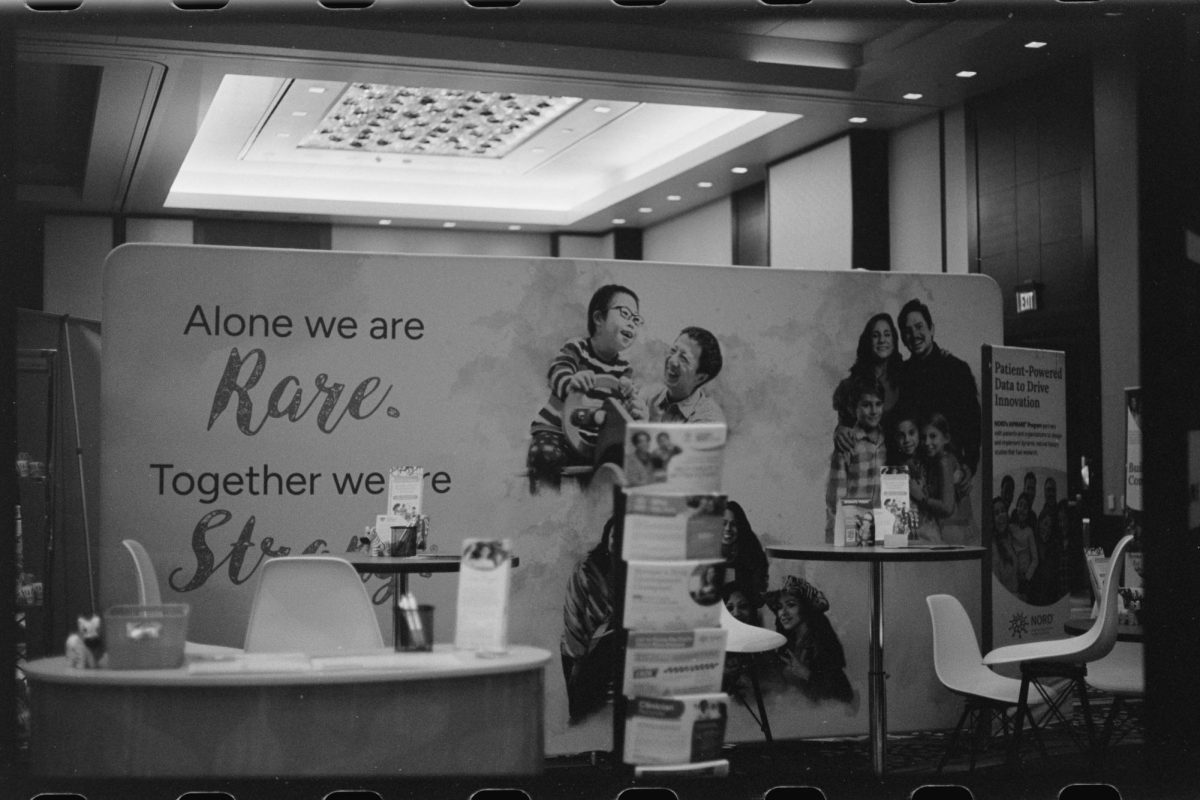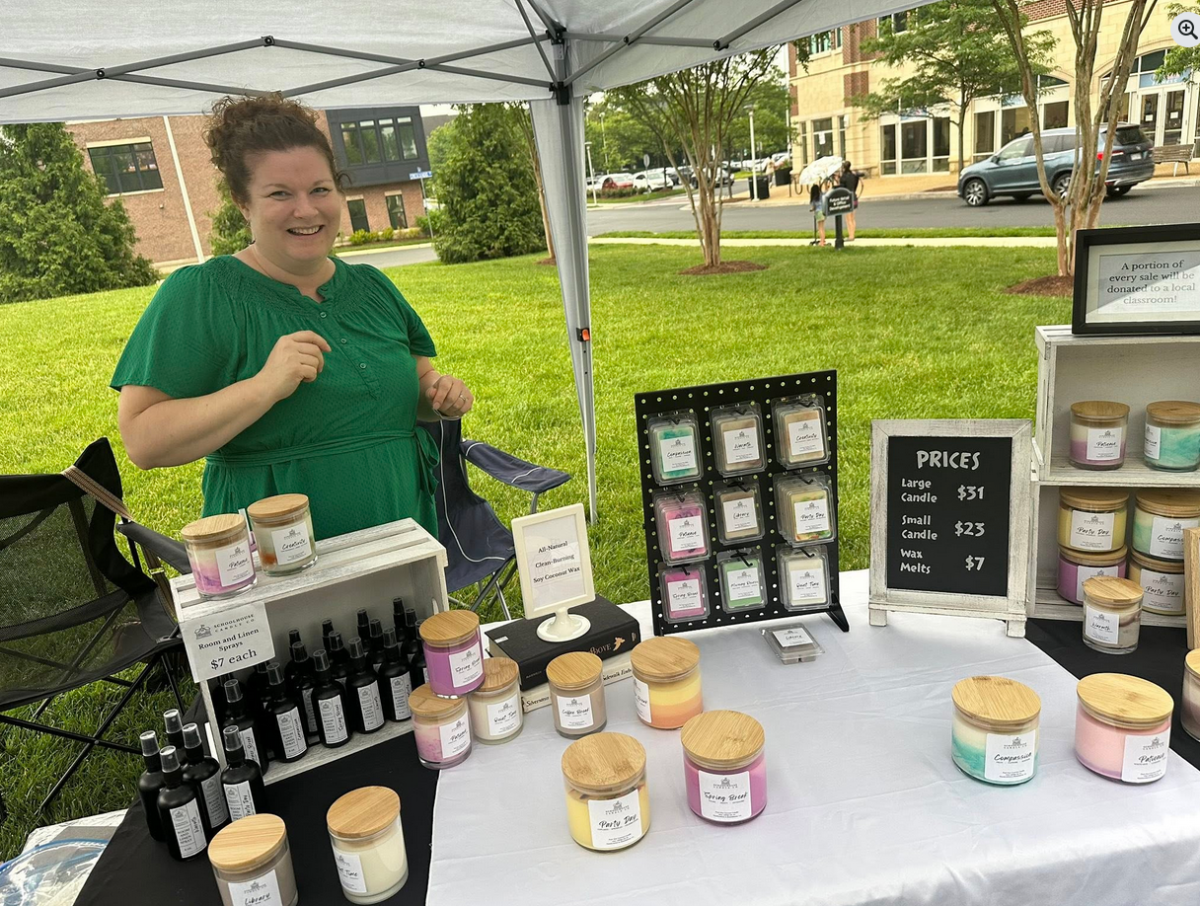In an Italian household, deciding to go gluten-free was going to be hard. However, given my allergy to wheat, it was probably going to be a good idea. Much like how people who are lactose intolerant are notorious for consuming dairy, I was an avid lover of bread and pasta. The idea of going gluten-free was entirely preposterous to me. But a doctor suggested that it would be a good idea in order to help my seasonal allergies, as well as possibly improve my sleep and performance in athletic activities, so I decided to give it a shot.
I had assumed that going gluten-free would help with my allergies, as obviously halting the consumption of something I’m allergic to would decrease the symptoms, however, I was incredibly dubious of the other aspects in my life that it would cause changes in. For instance, I found myself feeling less fatigued. Prior to going gluten-free, I found myself incredibly tired, no matter how much sleep I got. This proved to be problematic as my busy schedule did not permit for exhaustion. After going gluten-free I found myself with more energy—even after less sleep. I felt more motivated and energetic than ever before.
One of my great concerns when going gluten-free was that it would be difficult to avoid foods I love but could no longer have, such as bread. So I was delighted to find that as the world has become more accommodating to various dietary restrictions/needs, more and more gluten-free options have become available on the shelves. In addition, to my delight, these replacements tasted equally as good, if not better, than the originals, and I found them to have cleaner and healthier ingredients overall.
Now, I have been gluten-free for over a year and a half, and I plan to continue my gluten-free journey into the future. Overall, I feel as though going gluten-free has had significant benefits in my life, and would recommend it to anyone (whose doctors approve of course).







